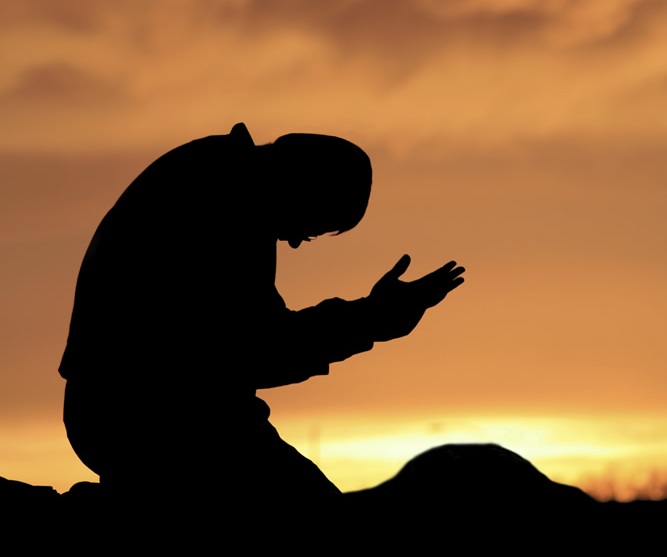
1. Wrong approaches of honoring God. A lot of people think that it is quite easy to obey the second and the third commandments. "We do not take the name of the Lord in vain, and we go to the church on every Sunday. Okay, on church holidays, too. All right, even on those infrequently visited church holidays, (like Epiphany, Ascension of Jesus, etc.), too, which fall on week days." I must disagree with my brothers and sisters thinking these. Honoring God is not a compliance with rules or a type of behavior. People with divided hearts do not have strength. It is because they do not keep and save Jesus in themselves. They cannot keep Jesus in themselves because it is impossible to accept a half-Jesus. (For further details, please read my essay here.)

2. How should we keep holy the Lord's name? God is not the God of denial but the God of affirmation. God does not take anything away but He gives something. That is we always have to find the affirmative content behind the prohibitive words of the commandments because these carry the real message (Hebrews 10:1). The essence of the second commandment is that I bless the name of the Lord. The presence of God is the presence of the most precious gift in our lives. But if we do not listen to what the gift is that God is willing to give us, we will never receive it. (For further details, please read my essay here.)

3. How should we keep holy the Lord's day? Holidays are signs. They are such signs that have been given to us, people, by the Holy Trinity as a memory of Its love and indelible union. God’s signs though can be interpreted and can become complete only together with the Word of God. If a Christian is only looking for the signs of God he will become a 'raver-Christian'. For a man living in Jesus, every moment of each day becomes a sign. If we consider every moment a sign, the sign of God will be carved on us. The love of Jesus will shine out of us. (For further details, please read my essay here.)